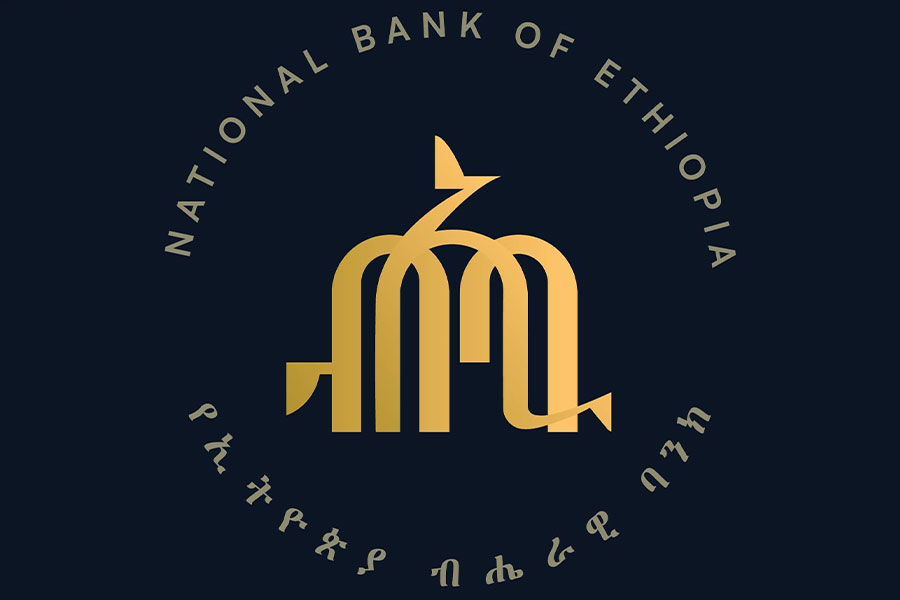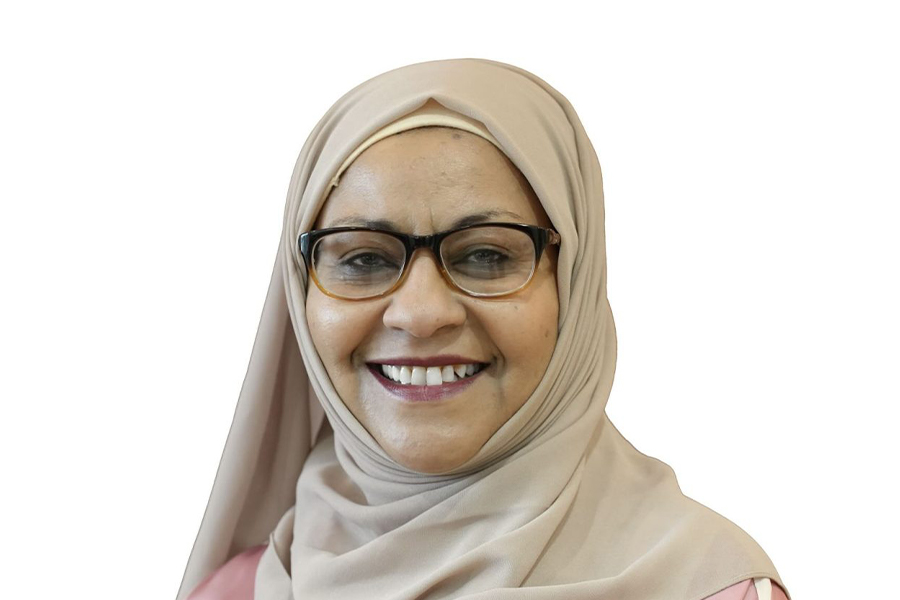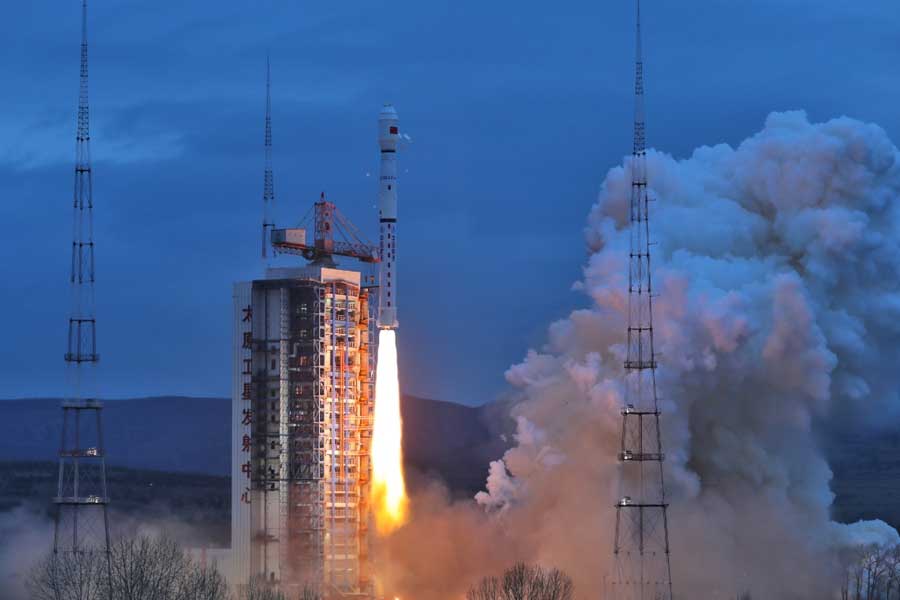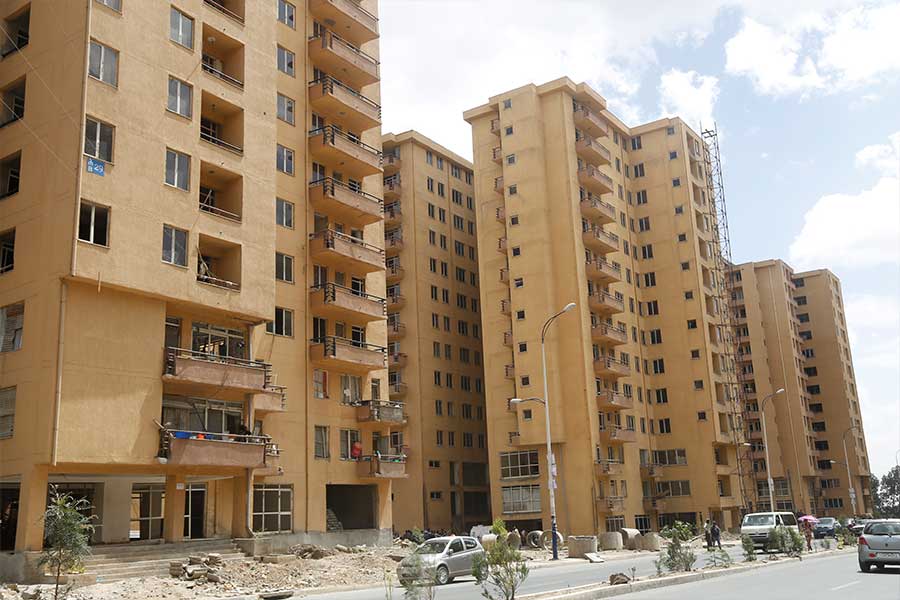
The board of the Public-Private Partnership, which is chaired by Minister of Finance Ahmed Shide, approved the construction of the country's largest depot through the joint investment of the government and the private sector. Planned a few years ago, financial constraints have so far delayed the project.
Approved three weeks ago, the project was tabled to the board after the Ministry of Finance reviewed the proposal and endorsed it for a final blessing from the board. An Australian consultancy firm that was hired to conduct a feasibility assessment has estimated the cost of Dukem Depot to be 145 million dollars. The construction of the Depot is expected to take three years.
Proposed to be built in Dukem town, Oromia Regional State, the Depot will rest on 10ha of land. It will have a capacity of storing 300 million litres of jet fuel, benzene and diesel fuel. Upon completion, the terminal is expected to boost the nation's emergency reserves from 36 days of supply to 65.
The Depot, which will be the first in the country that stores jet fuel, will have 12 tanks that each have a storage capacity of 25 million litres. Two-thirds of the tanks will reserve diesel fuel, while the remaining will contain jet fuel and benzene. Each tank is five times larger than the nation's current largest depot, which stores five million litres.
The Ethiopian Petroleum Supply Enterprise, which has been handling the project for the past three years, could not proceed with the construction due to budgetary restrictions, according to Tadesse Hailemariam, CEO of the Enterprise, which imported four million litres of fuel in the last fiscal year, spending 2.4 billion dollars.
"We requested another financing model from the Ministry," Tadesse told Fortune. "We also stressed that the project needs priority since it is a national security matter."
Currently, the country has 13 terminals with a total capacity of reserving 367 million litres of fuel. The Enterprise, which was established half a century ago and has branches in Djibouti and Sudan, built a 174-million-Br depot at Awash Sebat Kilo to store 30 million litres two years ago.
Dukem Depot is part of the Enterprise's Strategic Depot Construction Master Development Programme that also aims to construct an additional depot in Dire Dawa. Expected to store 65pc of the country’s fuel consumption needs, Dukem Oil Depot will be equipped with an automated control system and can load 20 oil trucks at a time, each carrying 45,000lt.
To deliver fuel products quickly, the plan calls for connecting the Depot with Ethio-Djibouti Railway. The trains' electric power will be disconnected while passing through the Depot's premises, and they will instead use their diesel engines for safety purposes, according to the plan.
Following the inception of the project three years back, the Enterprise hired SMEC International PTY, an Australian firm, two years ago for a quarter of a billion Birr to prepare the engineering design, develop a tender document, help the Enterprise hire a contractor, supervise the contractor and commission the project.
Last year, SMEC International PTY delivered the front-end engineering design that includes the technical requirements and identifies the proposed project's main costs. The document also includes details about electro-mechanical features, safety and hazard control systems, as well as environmental issues.
The Enterprise submitted all the prepared documents to the Ministry of Finance, according to Tadesse.
After receiving the request, the PPP Directorate under the Ministry helped the Enterprise team prepare a feasibility study, training the staff to devise the document.
The original document the Enterprise presented to the Ministry proposes to build the Depot through an Engineering, Procurement & Construction (EPC) modality. Thus, the document should be readjusted to fit into the PPP modality, according to a person familiar with the issue.
Currently, the PPP Directorate under the Ministry of Finance is conducting studies on environmental, legal and land issues; an affordability analysis; and economic viability to fulfill PPP modality requirements.
Including the latest one, the board has approved 23 projects to be developed through the PPP modality. Three of them are road, five hydroelectric, eight solar and an additional eight are wind projects. The board also approved one housing project to be developed through a PPP arrangement.
Among the projects, the first industrial-scale solar park that will be developed through a PPP was signed last December. The 20-year power purchase agreement was inked between the government and ACWA, a Saudi Arabian energy company. ACWA will develop two 125MW solar photovoltaic (PV) projects in Afar and Somali regional states with its own financing and sell it to the government at 0.025 dollars a kilowatt-hour, the cheapest rate in Ethiopia.
The public-private partnerships financing model came onto the scene three years ago due to government financing shortages for major infrastructure developments. Drafted by the Ministry of Finance, the public-private partnership bill was legislated by the parliament in 2017. The proclamation also formed a board composed of ministers of Finance; Water, Irrigation & Electricity; Transport and Public Enterprises. Heads of the National Planning & Development Commission and the National Bank of Ethiopia and representatives from the private sector also sit on the board.
PUBLISHED ON
[ VOL
, NO
]

Radar |

Radar | Apr 03,2021

Fortune News | Apr 22,2022

Fortune News | Apr 16,2022

Radar | Mar 30,2019

Dec 22 , 2024 . By TIZITA SHEWAFERAW
Charged with transforming colossal state-owned enterprises into modern and competitiv...

Aug 18 , 2024 . By AKSAH ITALO
Although predictable Yonas Zerihun's job in the ride-hailing service is not immune to...

Jul 28 , 2024 . By TIZITA SHEWAFERAW
Unhabitual, perhaps too many, Samuel Gebreyohannes, 38, used to occasionally enjoy a couple of beers at breakfast. However, he recently swit...

Jul 13 , 2024 . By AKSAH ITALO
Investors who rely on tractors, trucks, and field vehicles for commuting, transporting commodities, and f...

Nov 1 , 2025
The National Bank of Ethiopia (NBE) issued a statement two weeks ago that appeared to...

Oct 25 , 2025
The regulatory machinery is on overdrive. In only two years, no fewer than 35 new pro...

Oct 18 , 2025
The political establishment, notably the ruling party and its top brass, has become p...

Oct 11 , 2025
Ladislas Farago, a roving Associated Press (AP) correspondent, arrived in Ethiopia in...